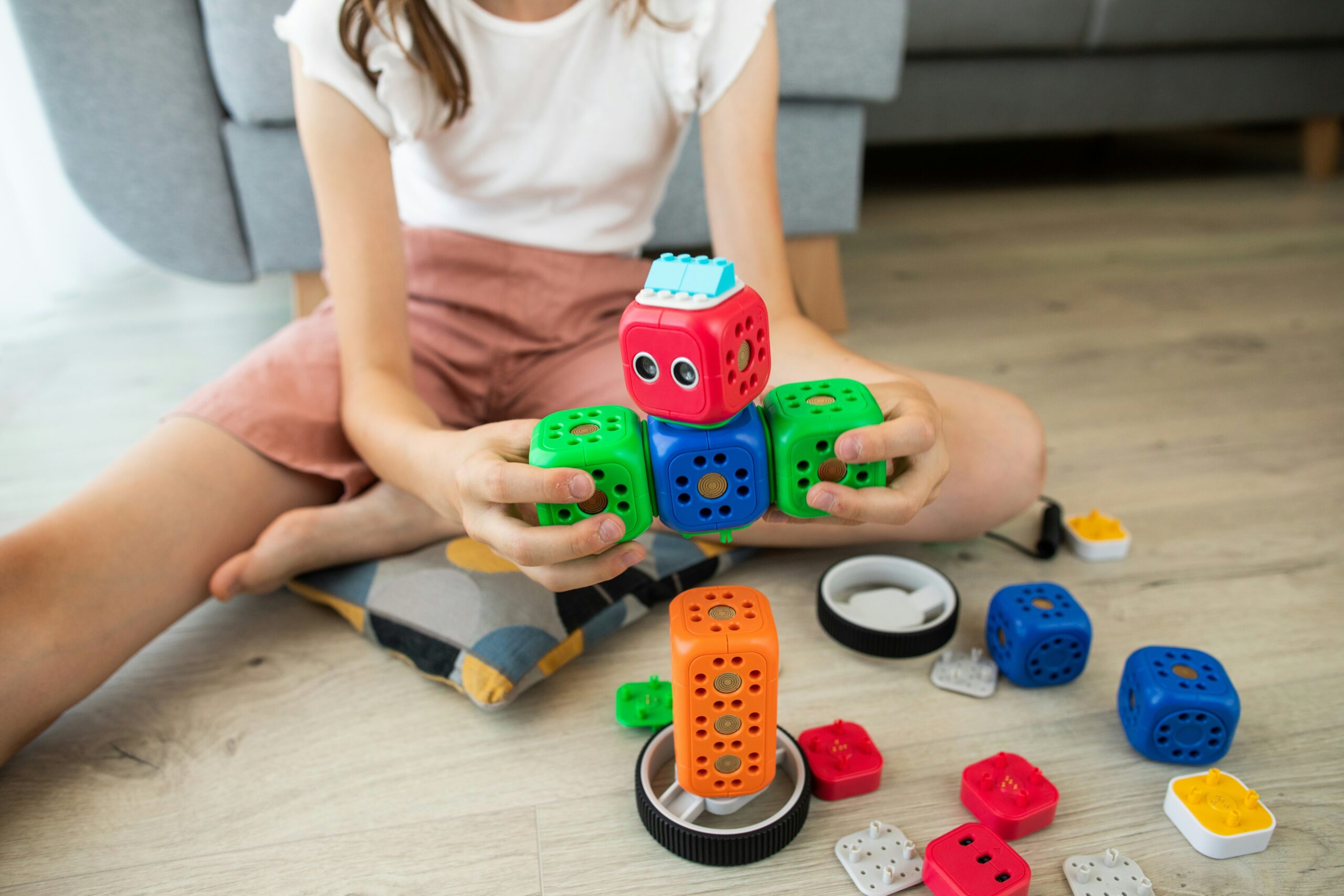In today’s digital age, learning doesn’t have to be limited to textbooks and classrooms. With the right educational games, children can explore new concepts, build essential skills, and have fun while doing it! Whether your child is interested in science, math, reading, or critical thinking, there are a wide variety of games that can help them grow academically and creatively. Here’s a list of some of the best educational games for kids that make learning an exciting adventure.
1. Osmo – Genius Kit
Osmo offers an interactive learning system that combines physical play with digital experiences. The Osmo Genius Kit is perfect for children aged 5-10. It includes games that focus on math, spelling, problem-solving, and creativity. Kids can solve math equations, draw pictures, and learn to spell by interacting with real-world objects that work with the iPad. The hands-on aspect of the game keeps children engaged and helps them retain information in a fun, interactive way.
2. Rush: A Disney Pixar Adventure
For fans of Disney Pixar movies, Rush: A Disney Pixar Adventure is a perfect choice. This game allows kids to join their favorite characters from films like Toy Story, Finding Dory, and Up. The game encourages problem-solving and teamwork as kids solve puzzles and complete tasks with the help of their favorite characters. Not only is it fun, but it also fosters critical thinking and cooperation.
3. DragonBox Math Games
Learning math doesn’t have to be a chore, especially with DragonBox games. These apps teach children of different age groups how to understand and solve mathematical concepts such as addition, subtraction, multiplication, fractions, and algebra, all through exciting, game-based lessons. The playful characters and puzzles allow children to learn math at their own pace while reinforcing their problem-solving skills. With DragonBox Algebra 12+, kids can even start learning algebra in a way that feels more like a challenge than a subject they need to tackle.
4. Minecraft: Education Edition
It’s hard to talk about educational games without mentioning Minecraft, and for good reason! The Minecraft: Education Edition turns this popular sandbox game into a learning tool. With its interactive worlds and creative challenges, kids can explore history, design structures, and learn basic coding while they build and collaborate with others. The game promotes creativity, teamwork, and spatial reasoning, all while keeping kids excited about learning. Whether they’re creating replicas of historical landmarks or experimenting with different ecosystems, the possibilities for educational fun are endless.
5. PBS Kids Games
PBS Kids offers a variety of games based on characters from their popular TV shows, such as Curious George, Arthur, and Sesame Street. These games are perfect for younger children (ages 3-8) and cover a wide range of educational topics like math, reading, science, and social skills. The games are designed to be engaging and easy to navigate, ensuring kids learn while having fun with their favorite characters. With new content regularly updated, there’s always something fresh to discover!
6. Zoombinis
Zoombinis is a game that challenges children to think logically and solve puzzles. As players guide the Zoombinis—cute little creatures—through a series of challenges, they develop critical thinking and pattern recognition skills. With more than 100 levels, Zoombinis teaches logic, sequencing, and classification. Its colorful world and complex puzzles make it both fun and educational, suitable for kids ages 8-12.
7. BrainPOP
BrainPOP has long been known for its engaging educational videos, but their BrainPOP Jr. and BrainPOP ELL games offer even more opportunities for kids to learn through play. With subjects ranging from math and science to English language learning, these games are designed to captivate children while providing rich educational content. The interactive games often follow animated characters and cover important topics, allowing kids to explore subjects in depth and gain knowledge that is aligned with school curricula.
8. Endless Alphabet
For younger kids just beginning to learn letters and vocabulary, Endless Alphabet is a great option. The game uses adorable animated characters to teach children new words through interactive puzzles. Kids will love exploring the colorful world of the “Endless” series, with its vibrant characters and funny animations, all while expanding their vocabulary. The game encourages letter recognition, phonics, and word-building, making learning both effective and fun.
9. Toca Life World
Toca Life World is perfect for children who love open-ended, imaginative play. This game lets kids build their own virtual world, creating characters and telling their own stories. It’s an excellent tool for encouraging creativity and social-emotional learning. The game also includes various settings—like a school, city, and hospital—so kids can explore different environments while learning about how the world works.
10. Little Alchemy 2
In Little Alchemy 2, children learn basic chemistry concepts by combining elements to create new objects. Starting with just the four basic elements—earth, fire, water, and air—kids can discover hundreds of different items, including animals, objects, and even mythical creatures. This game encourages experimentation and problem-solving, making it a great way to introduce kids to the concepts of science and discovery in a fun, hands-on way.
11. Kahoot!
A popular classroom tool, Kahoot! turns learning into a fun and competitive game. Teachers and parents can create their own quizzes or use the thousands of pre-made ones available online to test knowledge on various subjects, from math and history to geography and literature. With the ability to play solo or in groups, Kahoot! brings a fun, gamified approach to assessments, helping kids stay motivated and engaged as they learn new information.
Conclusion
Educational games are an excellent way to foster a love for learning while also improving a child’s cognitive skills, creativity, and critical thinking. Whether it’s solving math problems, exploring the natural world, learning new words, or collaborating with friends, these games offer a fun and dynamic way for children to build important knowledge and skills. By incorporating these games into their routine, kids can experience the joy of learning in an interactive and engaging environment. So, grab a controller or tablet and let the fun (and learning) begin!




